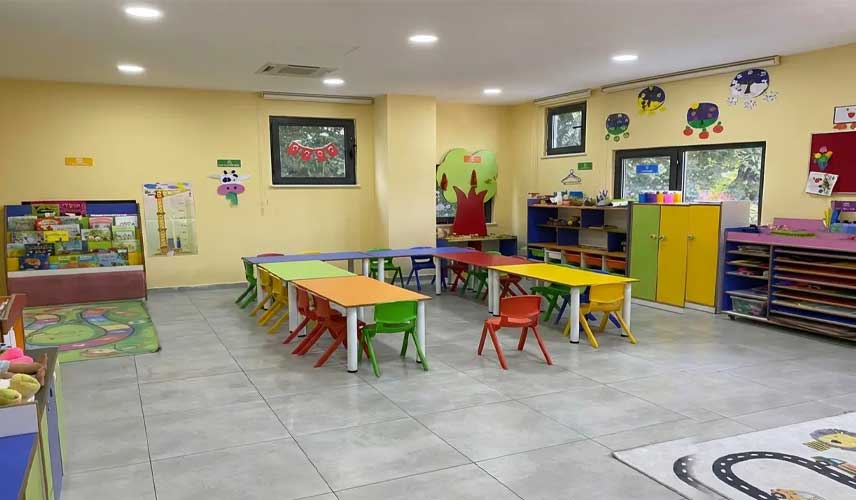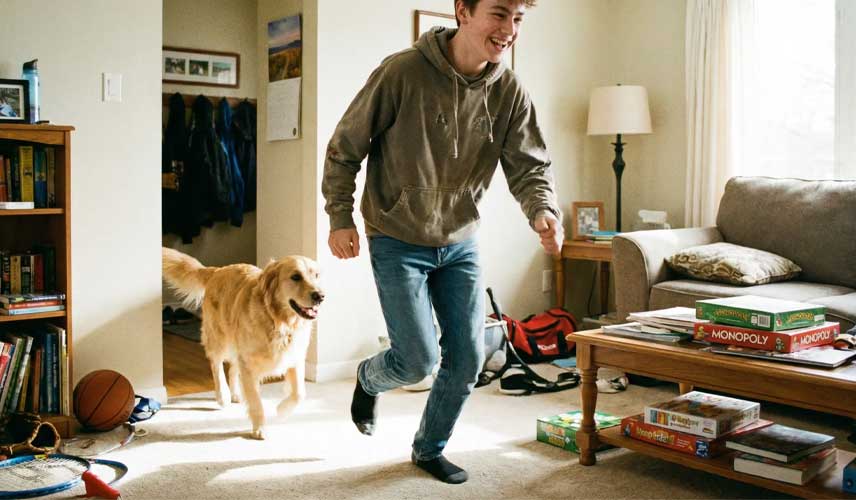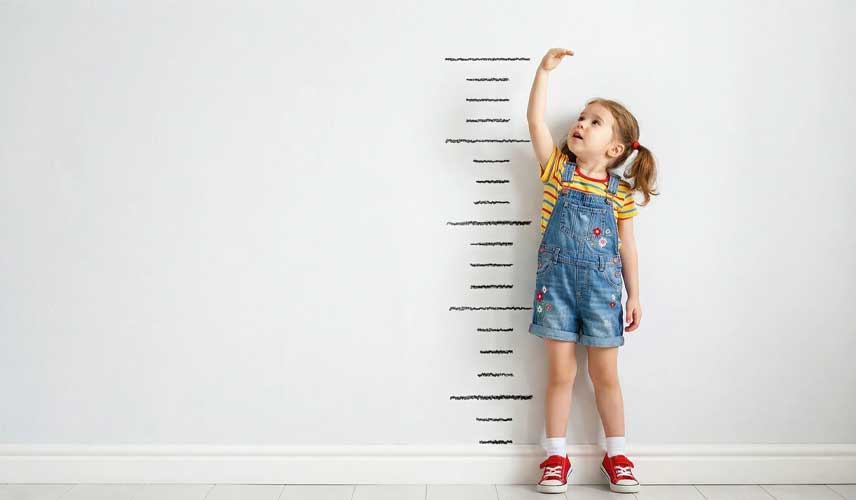
Problems Related to Homework and Solutions

After the schools open, conflicts related to homework begin in some households. The following recommendations will be useful in eliminating these conflicts, which are distressing for both parents and children.
Parents' Mistaken Behaviors Regarding Homework
*Parents of children who have difficulty completing their homework often resort to methods such as constant reminders, efforts to persuade the child, offering rewards, scolding, and threatening to ensure the homework is done. In some families, violence is also inflicted on children who do not want to or do not complete their homework. While this may allow the homework due that day to be completed, similar issues will arise again the next day.
A homework routine that starts this way will continue as long as the parents do not take action to change the situation. Since the responsibility of thinking about, reminding, and completing the homework always falls on the parents, the child never thinks of starting to do their homework independently. However, this is what should happen. The focus should be on the child gaining this responsibility, rather than just having the homework completed, and actions should be taken to facilitate this.
*It is not correct to intervene at every stage while the child is doing their homework to make it better or more perfect.
*Frequently reminding and questioning the child about their homework in a way that overwhelms them is a wrong behavior.
*Some parents erase their children's poorly written work and make them rewrite it. This can especially increase the reluctance of first and second-grade students regarding homework.
Instead, it would be more appropriate to look at the positive side. Your child's writing may have improved compared to last week, or perhaps the beginning of the writing was good but deteriorated later. By emphasizing such positive aspects, say things like, "You wrote the first three lines very well; I believe you will do even better over time."
*Children need to gain the responsibility of doing homework on their own, but this does not mean that you should not check their homework or show any interest. If your child is used to doing their homework with you, they may be confused when left entirely to their own devices.
You should gradually give them the responsibility. You should also gradually stop checking their homework and appreciate their efforts. If they do not complete their homework, you should contact their teacher to understand the situation thoroughly and ensure that your child completes their deficiencies the next day. Otherwise, they may think that nothing will happen if they do not complete their homework and continue this behavior.
Teachers' Wrong Attitudes Regarding Homework
*Assigning homework that exceeds the child's capacity and frustrates them (Especially for those with issues such as learning difficulties or ADHD, it is beneficial to assign special homework suitable for the child's condition.)
*Not checking whether homework has been done, not setting clear boundaries in this regard, and not applying any sanctions for uncompleted homework.
*Criticizing or belittling the child harshly for not completing their homework.
Responsibilities of Parents Regarding Homework
To ensure that children transition from doing their homework with help from an adult to being able to do it independently as quickly as possible, it is important to remember that the primary function of this homework is to help the child acquire the skills to work independently, access information, and become responsible individuals.
Initially, children need to be closely monitored and assisted. Many parents stand by their child during this time, answering their questions and correcting their mistakes. However, it would be a better approach to give the child the opportunity to think for themselves, conduct research, make decisions, and plan.
You should not forget that your child doing their homework independently does not mean that you have no obligations in this regard. It is important for your child's development that you pay attention to their homework, monitor what they do, check it, and encourage them. Praise your child for their completed homework, hang up a piece of work that makes them proud, and write notes indicating that they are making good progress and that you are proud of them. Motivating children appropriately is very effective.
If your child says they cannot do their homework independently and always wants your help, think about and investigate the reasons for this. They may be behaving this way because they see it as an opportunity to spend time alone with you. They may need their homework to be checked and approved at every stage because they lack self-confidence. Perhaps the homework exceeds their capacity. Or maybe you have gotten them too accustomed to doing homework together.
It is important for your child to understand that the main purpose of homework is to help them take responsibility for a task assigned to them and to be able to do it independently. If you always do homework together and they tend to seek your approval for every step they take, try to gradually change this system. Slowly reduce the time you spend with them.
Dividing the homework into sections can also be helpful. Set a reasonable time for each section. Ask your child to complete one section, for example, within 20 minutes. Tell them that you will leave now but will return when that time is up to check on what they have done. If you go back to check the homework and see that it is not completed, discuss what the problem is. If your child shows signs of fatigue or reluctance during this process, you can give short breaks between sections.
The Importance of Designating a Place for Homework
Make sure your child understands the importance of having certain characteristics in the place where they will do their homework. Explain that noise and distractions will prevent them from doing their homework well, and that you will do your best to prepare a suitable homework environment for them. Indicate that you expect them to stay in the room or corner you have arranged for this purpose during their homework time and to complete it to the best of their ability.
A quiet and tidy environment away from the household is suitable for doing homework. Ensure that the study area is adequately lit. If your child says they cannot concentrate in a completely silent environment, you can use soft, instrumental music that will not distract them but also not make them lethargic.
Children should do their homework at a desk. Even if the other areas where the desk is located are messy, the top should be organized, and care should be taken to ensure that there are no unnecessary items.
To prevent them from getting distracted by searching for small items during homework and wasting time, you can prepare a box or drawer that contains only the paper, pencil, ruler, and other items your child will use while doing homework. Discuss with them what should be included in this box, and add any missing items that arise over time.
Collaborate with Your Child
Homework is one of the most important elements in your school-going child's life. Therefore, you should also consider their opinions on this matter.
Decide together where and at what times they will do their homework. When your child puts forward a reasonable idea, approve it and compliment them for thinking well. Discuss homework time. Give them two different time alternatives and ask them to choose one. Agree on how to remind them when it is time for homework. You can remind them, or you can set an alarm. After implementing the agreed-upon system for about 1 week to 10 days, discuss how it is going, whether it is effective, and look for ways to correct any issues that arise. Continue these practices until you achieve the best result.
Ensure that your child is well-rested and nourished when they sit down to do their homework. Be careful to arrange homework time so that they can later have time for themselves and do things they enjoy.
When setting time limits for homework, consider your child's age and their attention span. When it comes to children's academic success, children who do not have any issues with learning and focusing their attention can complete their homework during the first 5 years of primary education. However, in later years, additional time should also be allocated for reviewing and studying lessons.
Child Development and Education Other Content in the Category

Child Development and Education
Ways to Develop Fine and Gross Motor Skills in Children

Child Development and Education
First Day at Kindergarten: 12 Tips to Ease the Transition

Child Development and Education
6 Tips for Success

Child Development and Education
8 Reasons for Attention Difficulties in Children

Child Development and Education
Problems Related to Homework and Solutions

Child Development and Education
15 Life Skills Your Teen Should Acquire

Child Development and Education
35 Positive Messages Your Child Needs to Hear

Child Development and Education
10 Characteristics of Good Enough Parents

Child Development and Education
Child Development: The First 5 Years

Child Development and Education
7 Things You Need to Do to Raise a Well-Rounded Child

Child Development and Education
14 Effective Methods to Improve Children's School Success

Child Development and Education
8 Tips for Positive Parenting

Child Development and Education
10 Ways to Communicate Well with Children

Child Development and Education
How Does Changing Schools Affect Children?

Child Development and Education
